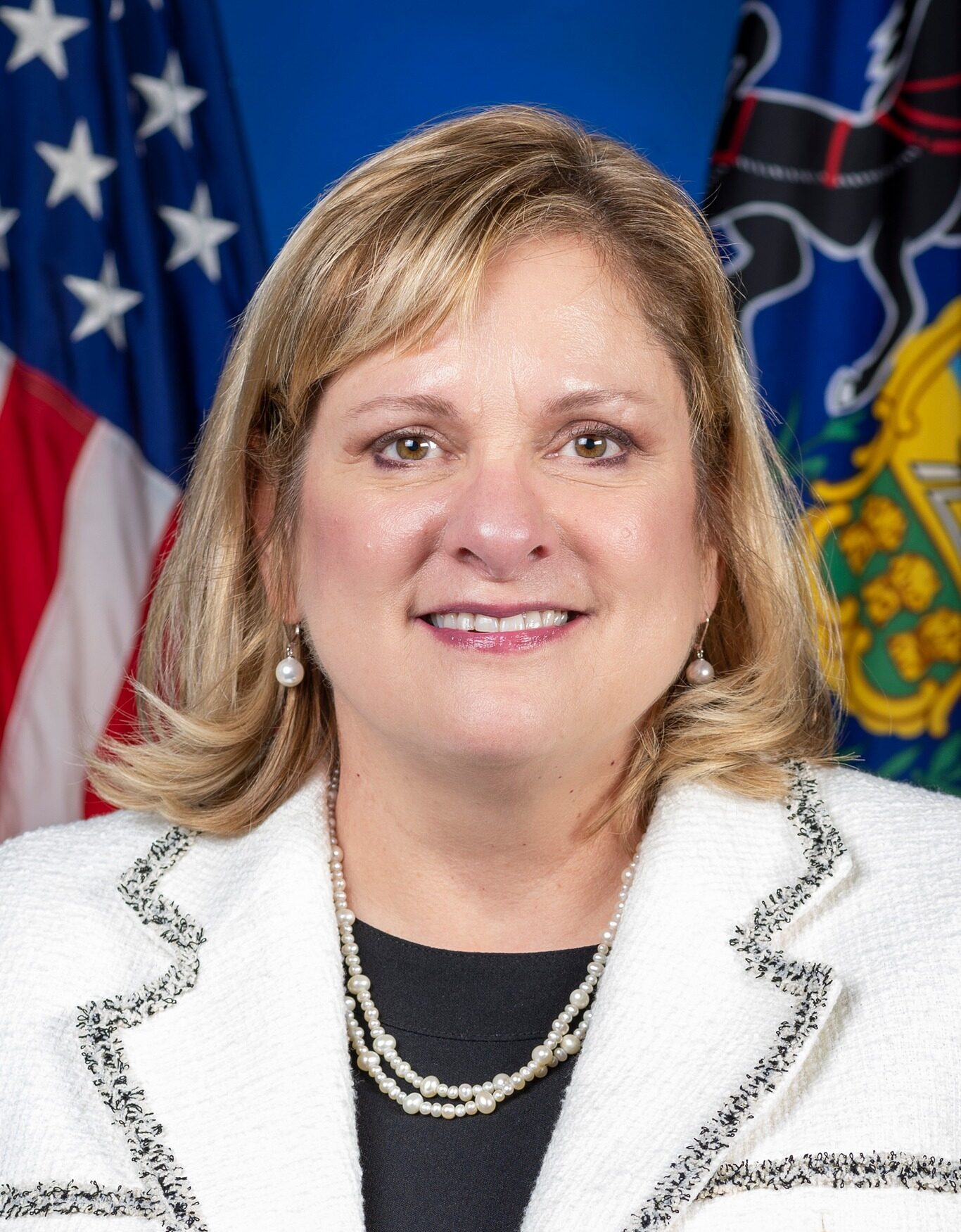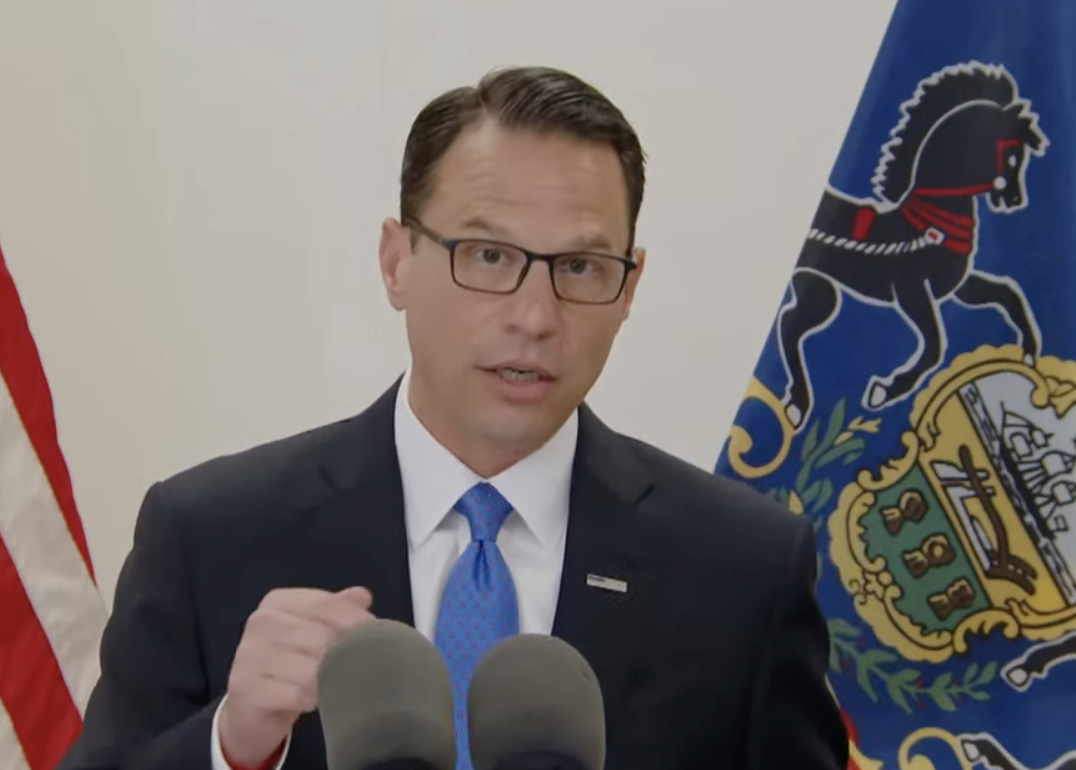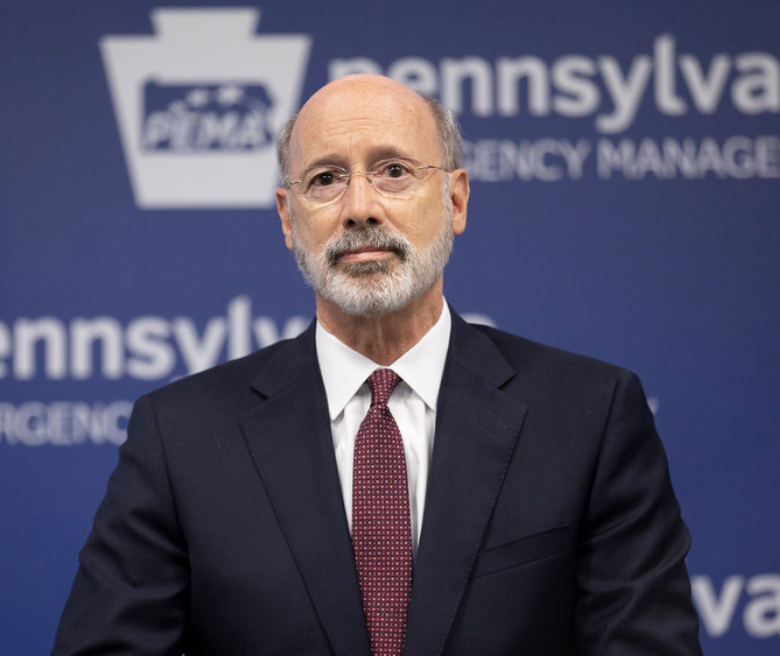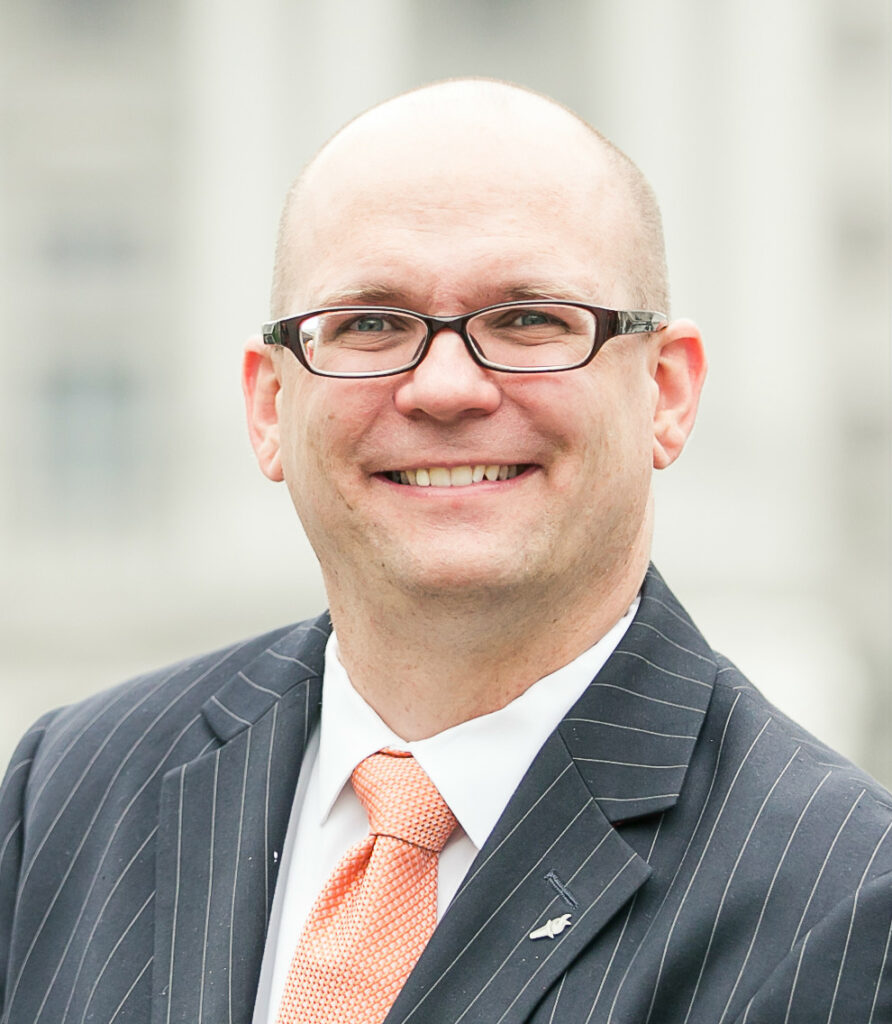Conservative Think Tank Ads Question Shapiro’s Competence
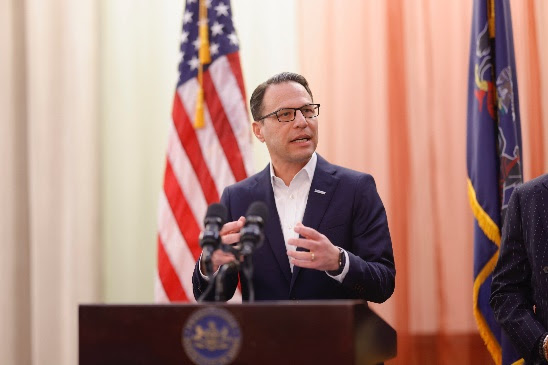
In a sign that he’s seen as a potential presidential contender, the Commonwealth Foundation announced plans to place ads critical of Gov. Josh Shapiro in newspapers in Milwaukee, Washington, D.C. and Chicago. They will coincide with the Republican and Democratic national conventions.
The free market think tank claims Shapiro, a Democrat who was elected in 2022, is not as competent as other governors who are also dealing with divided legislatures.
The full-page print ad says when it comes to Shapiro’s legislative record, he has proven “last in the nation among states with divided government.” During his first 18 months in office, Shapiro enacted only 111 bills, a mere fraction of other governors leading states with divided government. Virginia Gov. Glenn Youngkin signed 1,654 bills into law over the same period.
Shapiro’s “inability to persuade his own party to get to work and pass his priorities—including scholarships for disadvantaged kids in failing schools—resulted in a lack of legislative accomplishments, making him the least productive governor of the Keystone State in at least 50 years,” the ad says.
“Gov. Shapiro acts like a figurehead who is more concerned with media appearances and public relations than working with the legislature to get stuff done,” said Commonwealth Foundation Senior Vice President Erik Telford. “It’s time for him to put the future of Pennsylvania ahead of his political ambition. Pennsylvanians deserve a governor that they can rely on to deliver.”
The ad will be published in the Milwaukee Journal Sentinel for the duration of the Republican National Convention, as well as in the Chicago Tribune when Democrats hold their convention in August. It will also appear in The Washington Post on Sunday, July 21.
Mark Nevins of Nevins Consulting isn’t impressed by the effort.
“Trying to understand the Commonwealth Foundation’s strategy is like trying to argue with a toddler: it’s pointless and exhausting. Who knows why they do what they do? But the reason people in Pennsylvania and, increasingly, around the country like and respect Gov. Shapiro is because he delivers results that actually make a difference. And that drives the far right nuts,” Nevins said. He pointed to a Wall Street Journal opinion piece “Josh Shapiro, a Competent Pragmatist in Divided Times,” praising the governor.
Less than two years into his four-year term, Shapiro is already being mentioned as a possible presidential or vice presidential candidate—if President Joe Biden drops out of the race.
An AP-NORC poll released Wednesday found 65 percent of Democrats want President Biden to quit and allow the party to nominate someone else after his poor performance in a June debate with former President Donald Trump.
A July New York Times/Siena poll of Pennsylvania voters finds 38 percent would vote for Biden; 41 percent for Trump; and 8 percent for independent candidate Robert F. Kennedy Jr. Green Party candidate Jill Stein took two percent and Libertarian Chase Oliver and Cornell West each take less than one percent. Some 3 percent say they don’t plan to vote and 8 percent either don’t know or are confused.
Shapiro spokesman Manuel Bonder said, “Gov. Shapiro has been delivering for Pennsylvanians on the issues that matter most – growing our economy, investing in education, supporting law enforcement, and protecting freedom.
“In the meantime, the Commonwealth Foundation appears to have taken a break from their hobby of peddling an extreme political agenda to focus on their new passion: graphic design. It’s good to see they are equally bad at both,” Bonder added.
Please follow DVJournal on social media: X@DVJournal or Facebook.com/DelawareValleyJournal

